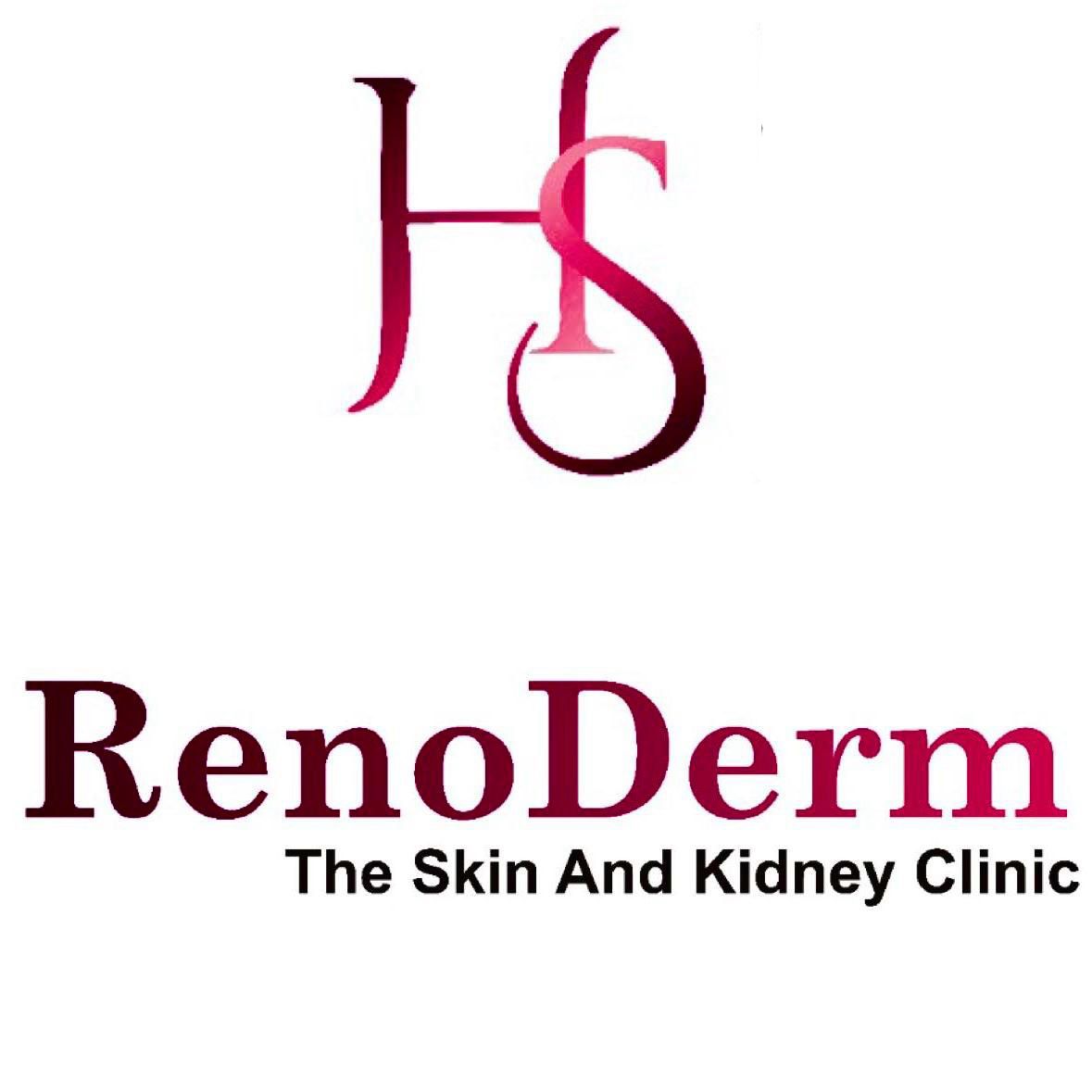+918048031272

This is your website preview.
Currently it only shows your basic business info. Start adding relevant business details such as description, images and products or services to gain your customers attention by using Boost 360 android app / iOS App / web portal.
Description
✨ Chemical Peels – Full Overview A chemical peel is a skin-resurfacing treatment where a chemical solution is applied to the skin to exfoliate the top layers. Over time, the skin peels off to reveal smoother, clearer, and more youthful-looking skin underneath. 🔬 How It Works Chemical peels use acids to remove dead skin cells, stimulate cell turnover, and boost collagen production. They can be customized for acne, pigmentation, wrinkles, scars, or just dull skin. 🧴 Types of Chemical Peels Type Depth Common Ingredients Used For Superficial Peel Mild exfoliation Glycolic acid, salicylic acid, lactic acid, mandelic acid Dullness, mild acne, early signs of ageing Medium Peel Deeper exfoliation TCA (trichloroacetic acid) 20–35% Pigmentation, acne scars, fine lines Deep Peel Intense resurfacing Phenol, high-strength TCA Deep wrinkles, severe sun damage (rarely done now) 🎯 What It Can Treat Acne & acne scars Pigmentation (melasma, sunspots) Uneven skin tone and texture Fine lines & wrinkles Enlarged pores Dull, tired-looking skin 🩺 Procedure Skin cleansing Application of chemical agent (usually for 1–10 minutes) Neutralization (if needed) Soothing mask or sunscreen application Sessions usually take 20–30 minutes, and a series of 3–6 treatments (spaced 2–4 weeks apart) may be recommended. 💥 What to Expect After Day Effect Day 1 Redness, tightness Days 2–4 Peeling/flaking begins (varies by peel depth) Days 5–7 Smoother, brighter skin starts to emerge Week 2+ Continued improvement in texture & tone ⚠️ Aftercare Tips Avoid sun exposure; use SPF 50+ daily Moisturize generously (non-comedogenic) Do not pick or peel skin manually Avoid active ingredients (retinol, AHA/BHA, vitamin C) for 5–7 days ❗ Who Should Avoid Chemical Peels? Pregnant or breastfeeding women (for most peels) Active skin infections (herpes, open wounds) Recent facial surgeries or laser procedures Darker skin types may need gentler peels to avoid hyperpigmentation 📌 Common Ingredients in Peels Ingredient Best For Glycolic Acid Fine lines, pigmentation, glow Salicylic Acid Acne, oily skin Lactic Acid Dry, sensitive skin Mandelic Acid Rosacea-prone or darker skin tones TCA Scarring, deeper pigmentation Jessner’s Peel Combination peel for acne + pigmentation 🧖♀️ At-Home vs In-Clinic Peels Aspect At-Home Peels In-Clinic Peels Strength Mild Moderate to strong Results Gradual Faster, more noticeable Safety Safer for beginners Must be done by dermatologist or trained professional Risk Low Higher if not done properly (especially in medium/deep peels)

